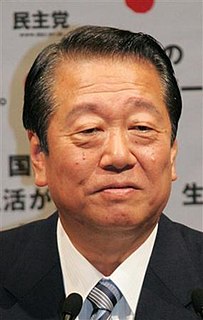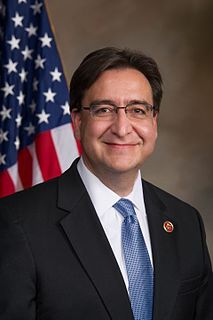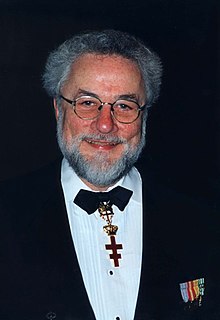A Quote by Ichiro Ozawa
The Constitution is the fundamental rule for people to live in society. If the rule no longer suits the lives of the general public due to changing times, it should be changed. That goes for regular laws as well as the Constitution.
Related Quotes
The laws are, and ought to be, relative to the constitution, and not the constitution to the laws. A constitution is the organization of offices in a state, and determines what is to be the governing body, and what is the end of each community. But laws are not to be confounded with the principles of the constitution; they are the rules according to which the magistrates should administer the state, and proceed against offenders.
I used to say that the Constitution is not a living document. It's dead, dead, dead. But I've gotten better. I no longer say that. The truth is that the Constitution is not one that morphs. It's an enduring Constitution, not a changing Constitution. That is what I've meant when I've said that the Constitution is dead.
[T]he Constitution ought to be the standard of construction for the laws, and that wherever there is an evident opposition, the laws ought to give place to the Constitution. But this doctrine is not deducible from any circumstance peculiar to the plan of convention, but from the general theory of a limited Constitution.
The Constitution is not a law, but it empowers the people to make laws... The Constitution tells us what shall not be a lawful tender... The legislature has ceded up to us the privilege of enacting such laws as are not inconsistent with the Constitution of the United States... The different states, and even Congress itself, have passed many laws diametrically contrary to the Constitution of the United States.
If you've worked together with somebody very well, leave-taking is very difficult. But we are all politicians. We all know that democracy lives off change. So, in the United States of America, the Constitution has very clear stipulations on this. It's a tough rule. Eight years and that's it, out goes the president and a new one comes in.
The interpretation of the laws is the proper and peculiar province of the courts. A constitution is, in fact, and must be regarded by the judges, as fundamental law. It therefore belongs to them to ascertain its meaning, as well as the meaning of any particular act proceeding from the legislative body. If there should happen to be an irreconcilable variance between the two, that which has the superior obligation and validity ought, of course, to be preferred; or, in other words, the Constitution ought to be preferred to the statute, the intention of the people to the intention of their agents.
The prohibition is general. No clause in the Constitution could by any rule of construction be conceived to give to Congress a power to disarm the people. Such a flagitious attempt could only be made under some general pretense by a state legislature. But if in any blind pursuit of inordinate power, either should attempt it, this amendment may be appealed to as a restraint on both.































